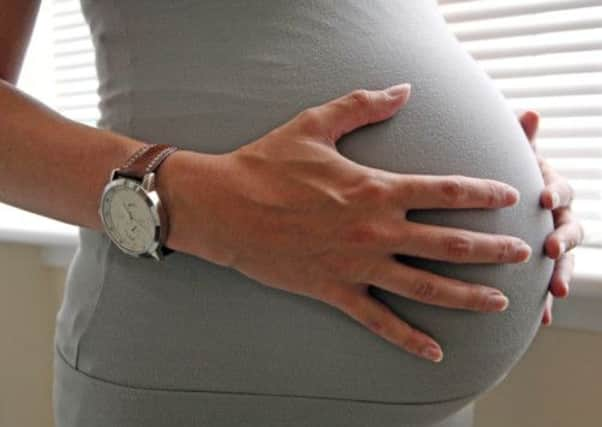Cousins’ baby defects risk laid bare


The findings are the latest from the ground-breaking Born in Bradford study which is following more than 13,000 youngsters born at Bradford Royal Infirmary between 2007 and 2011.
Experts from Bradford and Leeds universities found no link between deprivation and the risk of birth defects, which range from being born with extra fingers or toes to major heart or lung defects and Down’s syndrome. In contrast to previous work, smoking by mothers, alcohol consumption and obesity were not pinpointed as risks for abnormalities.
Advertisement
Hide AdAdvertisement
Hide AdResearchers said overall risks of a birth defect are around 1.7 in every 100 births nationally but this rose to three in 100 in Bradford.
Birth defects are a major cause of infant mortality and levels of congenital abnormalities and childhood disability in Bradford are among the highest in the UK.
The research, published in The Lancet today, examined detailed information about 11,300 babies.
Risks of birth defects among babies born to women aged over 34 are already well known. But the study found unions between blood relatives accounted for a third of birth defects in babies of Pakistani origin born in Bradford.
Advertisement
Hide AdAdvertisement
Hide AdThe likelihood of babies being born with defects among those mothers who were educated to degree level halved, researchers said.
Disorders occur due to complex links between genetic and environmental factors or because of damage due to infections including rubella, also known as German measles.
More than a billion people worldwide live in communities where consanguinity – marriage to a blood relation – is commonplace.
Geneticist Eamonn Sheridan, of Leeds University, said the absolute risk of a baby being born with a defect was small.
Advertisement
Hide AdAdvertisement
Hide AdRisks to older mothers were well known but the research indicated antenatal advice should also include information about the risks of first-cousin unions.
Prof Neil Small, of Bradford University, said: “The research is of particular importance to Bradford, because of the characteristics of its population. Half the babies born in the city’s one maternity hospital have a parent whose family origins are in Pakistan.
“But the findings also have relevance to other areas of the UK and across the world in countries where consanguineous marriage is a cultural norm.
“Clear and accessible information on these small but significant avoidable risks should be widely disseminated to local communities and be included as part of antenatal counselling and in the planning of healthcare services.
Advertisement
Hide AdAdvertisement
Hide Ad“In Bradford, there are initiatives that seek to raise community awareness and services such as genetic counselling and testing in place that can be accessed by couples who are married or considering marriage to a blood relative.
Prof Small added: “It is not our intention to counsel couples about who they choose to marry. But we do want to ensure that couples are aware of any risks so that they can make informed choices when planning their families.”
Prof Small said the research was proving a rich source of information across a range of areas including infant growth, obesity, diabetes and allergies and was shifting towards looking at educational attainment.
“I think we are going to be producing some world-leading research using the information from families in Bradford which will have implications not only across the UK but across the world,” he added.